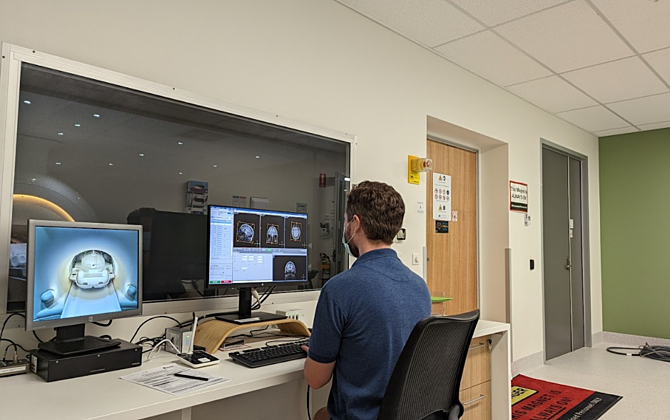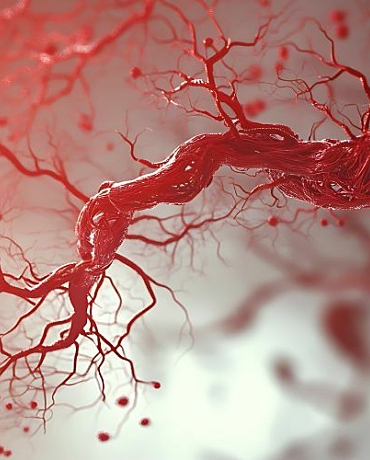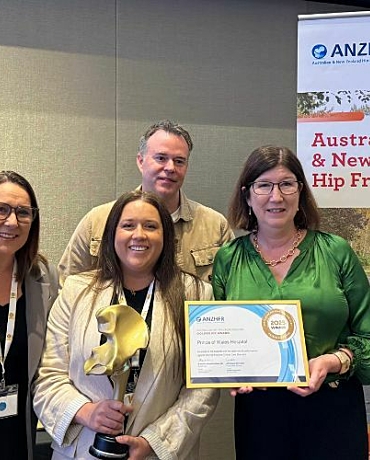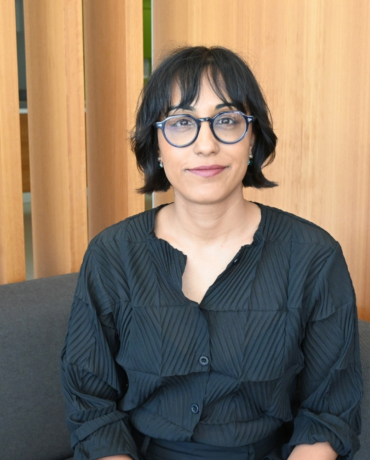Source: University of Sydney
This world-first trial, taking place at NeuRA, is looking for new participants
Scientists at the University of Sydney have been awarded $1.7 million from NSW Health to research a new treatment for chronic pain which commonly affects people with spinal cord injuries.
Up to 80 percent of people with a spinal cord injury develop some degree of persistent pain. A specific type of pain known as neuropathic pain is caused by damage to the spinal cord. It is often described as stabbing, burning, or a numbing, ‘pins and needles’-like sensation. The pain can be so severe that many regard it as the most debilitating part of their injury.
“Current treatment options for neuropathic pain are limited and often come with significant side effects that make the condition worse, highlighting a need for new treatment options,” said the study’s lead investigator Professor Luke Henderson from the University of Sydney’s Brain and Mind Centre and the School of Medical Sciences.
“Anecdotally, some people report that cannabis and its derivatives can improve neuropathic pain. However, no one fully understands how it works to improve pain,” said Dr Sachin Shetty, Director of the Spinal Injuries Unit at the Prince of Wales Hospital.
Recent research by the National Drug Strategy Household Survey found 2.7 percent of Australia’s population took up cannabis use for medicinal purposes in 2019 – a figure which has been rapidly rising since the drug was made available via prescription in late 2016.
“Doctors are increasingly prescribing cannabis-based products for neuropathic pain,” said the study’s co-investigator Professor Iain McGregor from the University of Sydney’s Lambert Initiative for Cannabinoid Therapeutics.
“But the lack of clinical studies makes it difficult for doctors to guide patients on the correct dosage for optimal efficacy and safety.
“The lack of intoxicating properties of CBD and its promising effects in animal models of neuropathic pain identifies CBD as a suitable treatment worthy of further investigation.”
In partnership with the Lambert Initiative for Cannabinoid Therapeutics, this world-first trial is examining whether the non-intoxicating component of cannabis – cannabidiol (CBD) – is safe and effective in reducing neuropathic pain in people with spinal cord injury.
“This study will use advanced brain imaging techniques to identify and understand the specific changes that occur in the brain after a spinal cord injury that lead to the development of neuropathic pain,” said PhD candidate and study coordinator Ms Rebecca Robertson from the University of Sydney’s School of Medical Sciences and Honorary Associate at NeuRA.
“This study also aims to identify a biomarker that will predict whether an individual will respond to CBD treatment, allowing for a more individualised treatment.”
The trial will be run at Neuroscience Research Australia (NeuRA) in Randwick, Sydney, a world-leading facility for brain imaging and spinal cord injury research.
Participants will get to trial both CBD and a placebo in random order over two six-week periods. During each treatment period, participants will be asked to rate their pain and wear a wrist-worn device to measure their sleep. Before and after each treatment period, participants will attend NeuRA to complete a brain scan, questionnaires, and blood collection.
“If effective, this trial will provide gold-standard evidence to support the use of CBD for patients with neuropathic pain following spinal cord injury. It can also help to inform and ultimately change policy surrounding the prescription of medicinal cannabis for the treatment of neuropathic pain and improve patient access,” said Professor McGregor.
“Success of this trial would trailblaze future research on the benefits of CBD in other neuropathic pain conditions which, much like neuropathic pain following spinal cord injury, remain undertreated and misunderstood.”
Participants must be over the age of 18 years with chronic neuropathic pain following a diagnosed spinal cord injury and be willing to travel to Sydney city on four occasions.
To find out more about the SCAN trial, visit: https://bit.ly/SCAN_study. To get involved, call 0439 804 551 or email email hidden; JavaScript is required. Limited spaces are available for the study.




